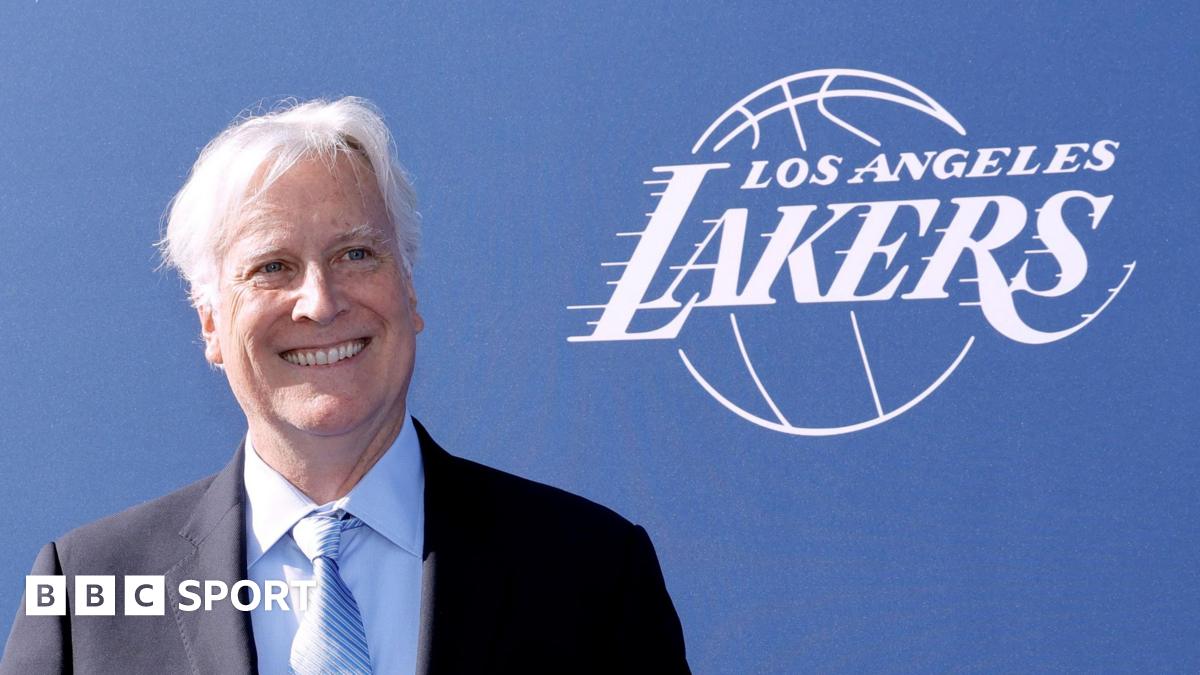Federal health officials are seeking to launch a “bold, edgy” public service campaign to warn Americans of the dangers of ultra-processed foods in social media, transit ads, billboards and even text messages.
And they potentially stand to profit off the results.
Ultra-processed foods are a fixation for the US health and human services (HHS) secretary, Robert F Kennedy Jr, a vaccine skeptic who believes the US industrialized food supply is a “primary culprit” behind many chronic diseases.
“We need to fix our food supply. And that’s the number one thing,” Kennedy said at his confirmation hearing.
Bringing healthier foods to Americans has proved to be one of the most resonant issues of Kennedy’s “Make America healthy again” (Maha) campaign – and arguably the only one that Democrats and Republicans agree on in principle.
Kennedy has spent most of his tenure as health secretary dismantling key components of US vaccine infrastructure, instituting mass firings and defunding chronic disease prevention programs, such as for tobacco use.
The secretary has been less successful in reigning in food makers. Food advocates have described voluntary changes between the government and manufacturers “disappointing”. Kennedy was criticized by congressional Republicans for targeting agricultural pesticides in the “Maha” report before it was even released – showing the limits of Republicans appetite for regulation, then the report itself was riddled with errors, likely generated by AI.
“The campaign’s creative content will turn heads, create viral moments on social media, and – above all else – inspire Americans to take back their health through eating real food,” said a document published by the federal government that described the campaign.
The campaign is expected to cost between $10m to $20m, according to documents. Anyone seeking to apply for the award will have a quick turnaround – the deadline is 26 June.
“The purpose of this requirement is to alert Americans to the role of processed foods in fueling the diabetes epidemic and other chronic diseases, inspire people to take personal responsibility for their diets, and drive measurable improvements in diabetes prevention and national health outcomes,” it continued.
The new public relations campaign also highlights the Trump administration’s unconventional approach to hiring – including its reliance on special government employees.
A key adviser to Kennedy, Calley Means, could directly benefit from one of the campaign’s stated aims: popularizing “technology like wearables as cool, modern tools for measuring diet impact and taking control of your own health”.
Calley Means is a senior Kennedy adviser, and was hired as a special government employee to focus on food policy, according to Bloomberg. He founded a company that helps Americans get such wearable devices reimbursed tax-free through health savings accounts.
Casey Means is Calley’s sister. She also runs a healthcare start-up, although hers sells wearable devices such as continuous glucose monitors. She is Kennedy’s nominee for US surgeon general, and a healthcare entrepreneur whose business sells continuous glucose monitors – one such wearable device. Calley Means’s company also works with Casey’s company.
Due to Calley Means’s status as a special employee, he has not been forced to divest from his private business interests – a situation that has already resulted in an ethics complaint. Consumer advocates, such as the non-profit group Public Citizen, had warned such hiring practices could cause conflicts of interest. HHS did not respond to a request for comment about Calley Means’s private business interests, or his role in crafting the publicity campaign.
Although the publicity campaign focuses on the ultra-processed foods connection to diabetes, at least one high profile nutritionist was queasy about its focus.
“The ultra-processed foods – some of those include breakfast cereals that are ultra-processed because they are fortified with vitamins,” said Walter Willett, a professor of epidemiology and nutrition at the Harvard TH Chan School of Public Health. “Those are good if they’re whole grain breakfast cereals and whole grain breads,” he said.
Ultra-processed foods are generally recognized as sodas, salty snacks and frozen meals engineered to be shelf-stable, convenient and inexpensive. Such foods are associated with increased risk of type 2 diabetes – or insulin resistance.
The mechanism by which such foods could increase risk of diabetes is unknown, a problem that extends in part from the “heterogeneous category” of foods that the ultra-processed category encompasses. The publicity campaign proposal does not venture into defining the category, even as Kennedy has fixated on it “poisoning the American people”.
“When you say processed foods you don’t envision a Coke in your brain, and that’s the biggest problem,” said Willett, who added that most public service campaigns are carefully crafted and tested for effectiveness.

 5 hours ago
2
5 hours ago
2










 English (US)
English (US)